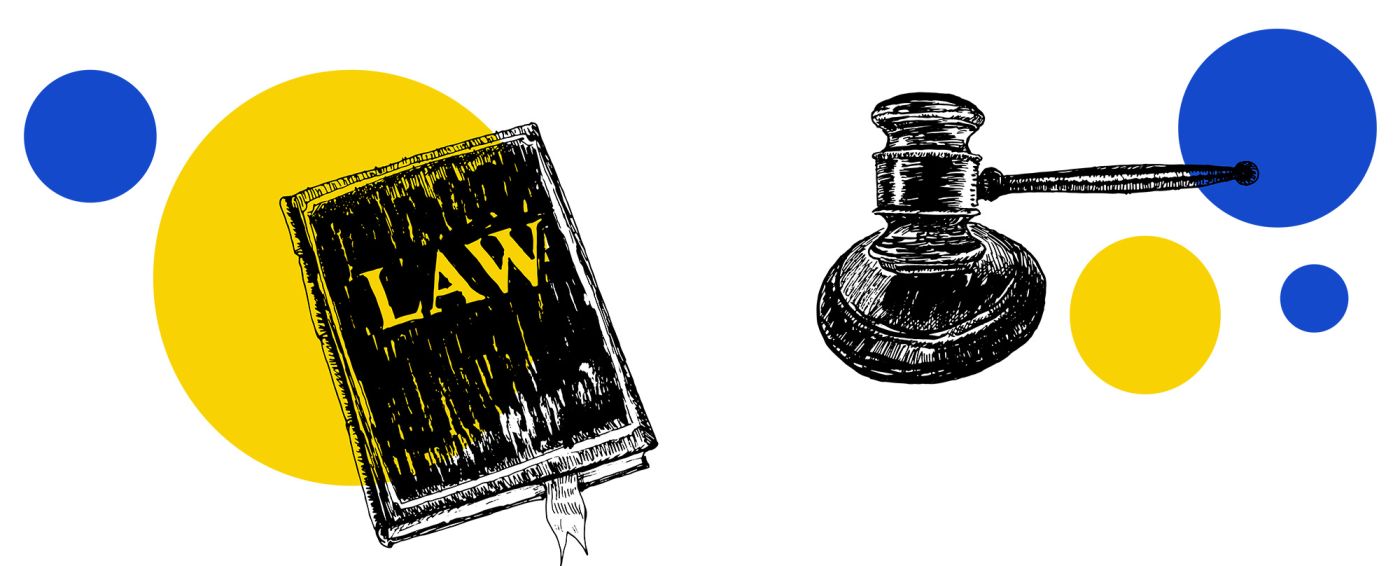
Estate planning is often viewed as a complex task reserved for the wealthy, but in reality, it is a critical process for everyone. It involves making decisions about how your assets will be managed and distributed after your death, ensuring your wishes are honored and providing peace of mind for you and your loved ones.
What is Estate Planning?
At its core, estate planning is the process of organizing your affairs to determine how your assets will be handled after you pass away. This can include creating wills, setting up trusts, assigning powers of attorney, and making healthcare directives. Proper estate planning not only addresses financial matters but also personal wishes regarding healthcare and guardianship for minors.
Why is Estate Planning Important?
Control Over Asset Distribution
Estate planning allows you to dictate how your assets will be distributed. Without a plan, state laws will determine this, which may not align with your wishes. Creating a will or trust ensures that your loved ones receive what you intended.
Minimizing Taxes and Fees
Effective estate planning can help minimize estate taxes and probate fees, preserving more of your wealth for your heirs. Techniques such as establishing trusts can shield assets from excessive taxation.
Providing for Minor Children
If you have children, estate planning is crucial. You can designate guardianship in your will, ensuring your children are cared for by someone you trust. This decision can spare your family from potential conflicts and heartache.
Healthcare Decisions
An estate plan often includes healthcare directives and a durable power of attorney. These documents allow you to express your wishes regarding medical treatment in case you become incapacitated and cannot communicate your preferences.
Reducing Family Conflict
Clear estate planning can help reduce family disputes over assets and responsibilities after your passing. When your wishes are documented and accessible, it minimizes the likelihood of misunderstandings and conflicts among heirs.
Planning for Incapacity
Estate planning isn’t just about what happens after death; it also prepares for the possibility of becoming incapacitated. Assigning a power of attorney ensures that someone you trust can make decisions on your behalf, covering both financial and healthcare matters.
Peace of Mind
Knowing that your affairs are in order brings peace of mind, allowing you to focus on enjoying life. You can rest assured that your loved ones will be taken care of according to your wishes.
Getting Started with Estate Planning
Assess Your Assets
Begin by taking inventory of your assets, including properties, bank accounts, investments, and personal belongings. Understanding your estate’s value is crucial in the planning process.
Determine Your Goals
Reflect on what you want to achieve with your estate plan. Consider who you want to inherit your assets, guardianship arrangements, and your wishes for healthcare decisions.
Consult Professionals
While there are DIY options available, working with estate planning attorneys or financial advisors can provide personalized guidance tailored to your situation, ensuring that all legal aspects are properly handled.
Review Regularly
Life changes—such as marriage, divorce, the birth of children, or changes in financial status—can impact your estate plan. Regularly reviewing and updating your plan ensures it remains aligned with your current situation.
Conclusion
Estate planning is an essential part of responsible financial management and personal care. It offers a framework for ensuring your wishes are respected, provides security for your loved ones, and helps reduce potential stress during difficult times. No matter your age or financial situation, taking the time to create an estate plan is a gift to both yourself and your family.


